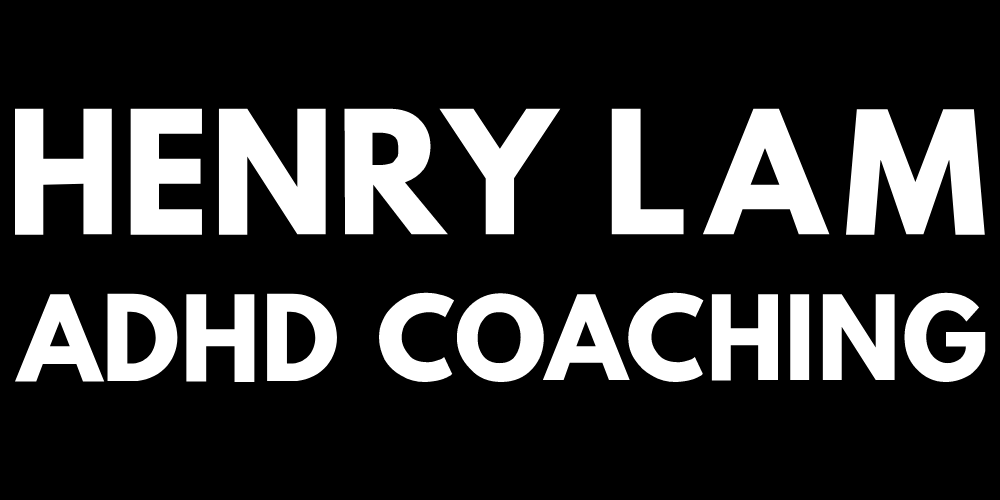ADHD Facts For Newly Diagnosed and Late Diagnosed ADHD Adults
By Henry Lam, ADHD Coach
Decoding ADHD: Basic Facts Every New Patient Should Know
Introduction
Attention-Deficit/Hyperactivity Disorder (ADHD) is a neurological condition characterized by persistent patterns of inattention, hyperactivity, and impulsivity. Understanding the basics of ADHD is crucial for those newly diagnosed and their families. This article covers essential facts to help demystify the disorder and provide a foundation for better management.
What is ADHD?
ADHD is a common behavioral disorder that affects an estimated 6-9% of children and about 5% of adults worldwide. It's recognized by three primary characteristics:
Inattention: Difficulty sustaining focus, following detailed instructions, and staying organized.
Hyperactivity: Constant movement, excessive talking, and difficulty staying still.
Impulsivity: Acting without considering the consequences, interrupting others, and poor decision-making skills.
The American Psychiatric Association provides a detailed overview and further information.
Causes of ADHD
While the exact cause of ADHD is not known, research suggests that genetics play a significant role. Other potential factors include:
Brain Structure and Function: Studies have shown differences in the brains of people with ADHD compared to those without the condition.
Environmental Factors: Exposure to certain environmental toxins, such as lead, may increase the risk of developing ADHD.
Prenatal Exposures: Risk factors may include smoking, alcohol use, and poor nutrition during pregnancy.
The Centers for Disease Control and Prevention (CDC) offers more insights into the causes and risk factors.
Diagnosis of ADHD
Diagnosing ADHD involves a comprehensive evaluation by a qualified health professional. The process includes:
Medical Examination: To rule out other possible causes of symptoms.
Interviews and Questionnaires: Gathering information on personal and family health history, and observing behaviors.
The National Institute of Mental Health provides a guide on diagnosis.
Treatment Options
ADHD treatment typically includes medications, psychological counseling (therapy), and education or training.
Medications: Stimulants are the most common type of medication used for treating ADHD, although non-stimulant medications are also available.
Behavioral Therapy: Helps patients develop coping strategies and change negative behaviors.
Education and Support: Patients and families benefit from education about ADHD and support from others who understand the disorder.
Living with ADHD
Managing ADHD is a lifelong process that includes adjusting treatments as a person ages and their circumstances change.
Lifestyle Adjustments: Including regular physical exercise, a healthy diet, and sufficient sleep can significantly help manage symptoms.
Support Networks: Connecting with support groups and networks can provide tips and encouragement.
Conclusion
Understanding ADHD is the first step toward effective management. Armed with the right information and support, individuals with ADHD can lead successful and fulfilling lives.
Further Resources
For ongoing support and information, CHADD (Children and Adults with Attention-Deficit/Hyperactivity Disorder) is an invaluable resource for both patients and families.
Explore The More Of the Sweet Sixteen ADHD Beginner Articles!
Understanding ADHD
Treatment and Management
Avoiding Medication Errors in ADHD
Natural ADHD Treatments
Navigating ADHD Treatment Options
ADHD Beginner Mistakes
Managing Daily Life with ADHD
Professional Help and Support
Finding an ADHD Coach
Choosing an ADHD Therapist
Finding a Good Psychiatrist for ADHD
Building Support Network for ADHD
Inspiration and Insights
Getting Started

